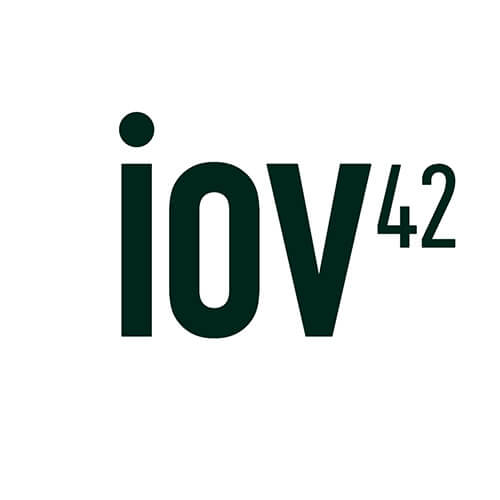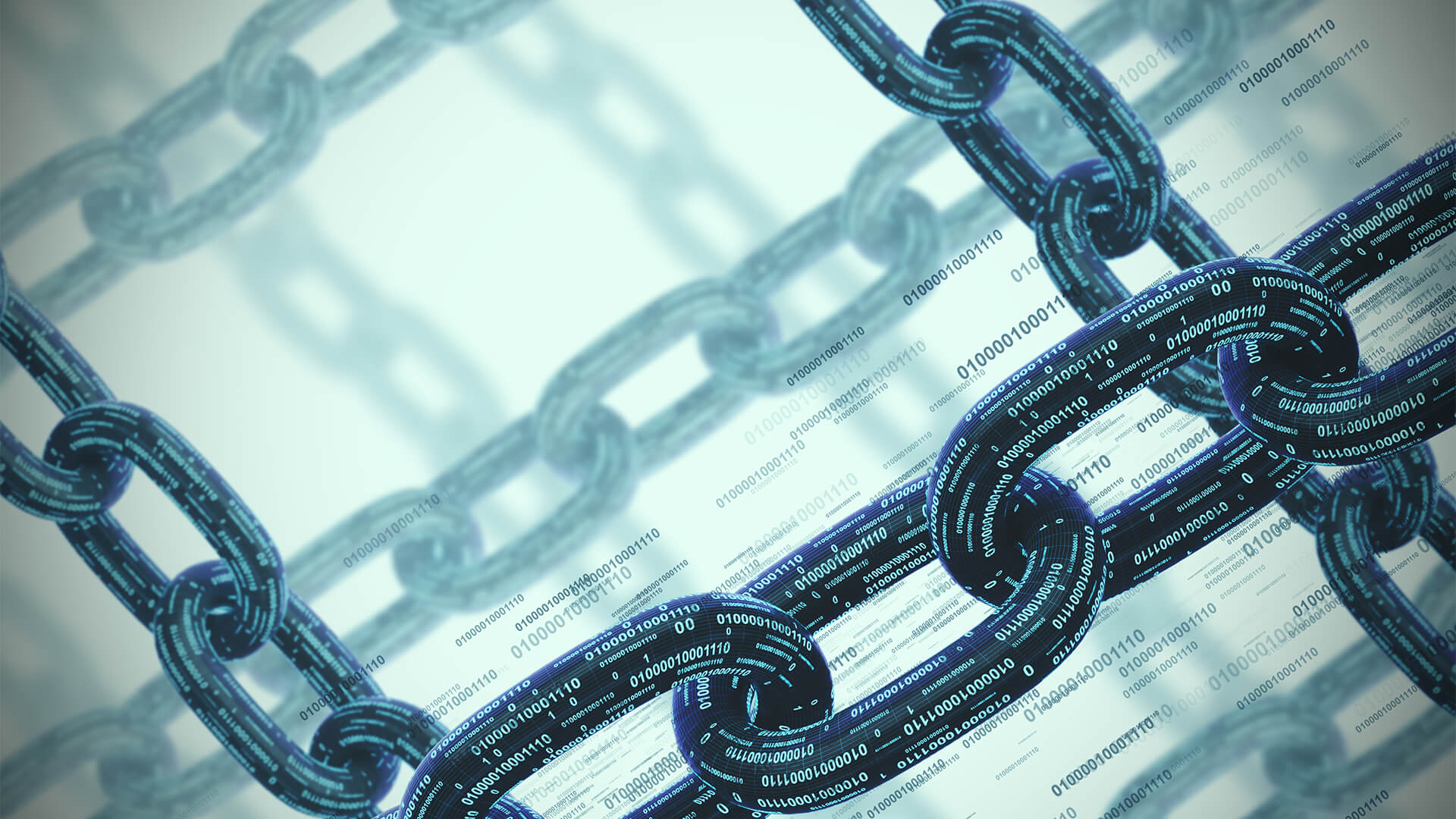iov42: Digitally Connected
Blockchain solutions provider iov42 has been turning heads with their advanced strategies and has recently secured a blockchain partnership, beating out some of the bigger names in the industry. We spoke with CEO Dominic von Trotha Taylor to find out more about iov42, and what makes it different from other industry giants.
iov42 is a blockchain-inspired identity platform, which helps to build trust between organisations, built for governments, enterprise and business.
How do we do this? We seek to strengthen the areas of weakness found in ‘traditional’ blockchain: making all data held on the platform immutable whilst at the same time ownership is retained by the originator of the data; replacing strict anonymity with trustable identities, and offering security through a decentralised distribution of data. We also seek to support applications that conform to the requirements of different regulatory jurisdictions and to provide the ability to scale sustainably.
In this way, online interactions and transactions can be codified on our platform and are then shared among a number of trusted identities; for example, an industry’s or organisation’s stakeholders. By providing transparent access to these records, based around verified identities, we help users ensure that rules are being followed and that they can trust those they are working with and the information they’ve been given. As an example, we have built an application called Timber Chain on our platform that allows stakeholders in the timber industry – from growers, exporters and importers to certification agencies and retailers – to build trust around the provenance and processing of timber and its derivatives in the supply chain.
My motivation for taking on the role of CEO at iov42 was driven by my interest in both the need for stronger online models of trust and privacy in our increasingly digitised world and the game-changing potential of blockchain as an enterprise solution. In addition, I really enjoy working with young companies that are pioneering emerging tech with the potential to create seismic change. I originally joined iov42 as an investor. Since then, I have grown increasingly excited and confident about the company’s ability to provide genuinely transformative technology that could vitally strengthen our digital infrastructure.
So far in my time as CEO, we have transitioned from building our platform to being an operational company with live customers, and we have received validation from organisations such as the European Commission about our vision and approach. All this is underpinned by great and ambitious people determined to realise our vision. Nonetheless, we are still in the early stages of our development with a long road ahead of us. As enterprise blockchain is relatively new, the challenge for companies like iov42 is not to seek to sell another technology, but to prove its benefits to customers. This ‘proof of value’ is something I’m hugely passionate about and see as key to unlocking the potential of enterprise blockchain and therefore the opportunity for iov42.
There is quite a divide in opinion when it comes to blockchain, fueled mainly by the common misconception that it is synonymous with largely unregulated cryptocurrencies. These negative connotations have, for some, given blockchain an undeserved reputation. It’s also poorly understood outside of tech circles. There is still so much untapped potential to be grasped.
We are targeting governments, enterprises and businesses who don’t really care about the tech – they care about robust, sustainable and scalable enterprise solutions that can create efficiency and trust at a predictable price. The application of these solutions will need to be more than a change of technology; they will need to add clear value at a fair price. I think enterprise blockchain is heading in that direction and we are one of the companies driving this forward.
Beyond the normal startup challenges, like everyone else, the past year has brought us many different challenges to overcome. Working remotely and being unable to visit friends or spend time with work colleagues has been extremely isolating. I’m sure most of us have found switching between work time and home time when working remotely really difficult and we all know this can bring about a lot of stress.
But through it all, iov42 has managed to keep morale high and execute a lot of positive change. With our team dispersed across Greater London, Vienna, and Zurich, we were already fairly accustomed to remote working before the pandemic, and were able to continue effectively collaborating. Although working remotely will never fully emulate being with one another in the same physical office, we’ve been able to facilitate the next best thing by taking full advantage of communications software including Slack, Miro and Spatial.
We’ll certainly be glad to see the back of Covid, and we are excited to meet with both customers and colleagues in person once again. But we’ll be carrying forward a lot of valuable lessons learned from having to adapt to the crisis to inform the way we work in future.
As the recent IPCC report indicated, it is very much a ‘now or never’ situation for climate action, and a significant overhaul is needed to meet adequate levels of sustainability. iov42’s blockchain-inspired platform has been built to provide the very infrastructure needed to enable such a transformation.
By better connecting all of the different cross-border organisations that need to come together to solve these major issues and being specifically built to cater to evolving regulation, our platform is facilitating the tangible delivery of sustainable action. iov42 provides a mechanism which builds trust across the important data points relating to sustainability. Safeguarding against corruption and malpractice, this enables simpler, more robust sustainable action and holds every stakeholder to account.
With our Timber Chain model, for example, we’re helping timber supply chains tighten up sustainability by making transaction records transparent, immutable and shared. This system rewards ‘good’ actors in the sustainable supply chain space and identifies those ‘bad’ actors who are counteracting sustainability aims. This model can be applied across any number of supply chains and industries to ensure that rules are followed and sustainability measures consistently met.
We can no longer afford for any company or organisation to shirk the responsibility of sustainable action. By applying our technology across a growing number of industries, we will be able to provide the accountability necessary to ensure that everyone plays their part in implementing sustainability.
There are countless potential applications for iov42’s technology. So far, we’ve started helping sectors ranging from timber, right through to product authenticity and identity solutions – and we’re not stopping there. Following our work on Timber Chain, we will be offering increased security and trust for transactions throughout a wide range of interacting and interconnecting supply chains. We’re especially focused on helping the agricultural industry to improve transparency within commodity trading and strengthen the fight against climate change by enabling greater sustainability, while holding the big players neglecting these to account.
Almost every organisation performs interactions and processes online which currently face the risk of corruption, error and a lack of trust and security. We’re ultimately aiming to apply our technology to address these issues and deliver reliable trust and accountability across the entire online landscape.
Blockchain technology has the potential to contribute to the provision of infrastructure for a digital landscape in which trust is guaranteed. This has the potential to completely transform the way public services operate online. Records and data are shared between multiple trusted identities, rather than being stored by only one. With permission needed by individuals/consumers to access and edit data, this forms a more robust, incorruptible record of transactions and online activity, giving agency back to individuals. From increasing the transparency of data to safeguarding the transaction of assets and commodities, blockchain forms the backbone of a system in which public services can eradicate corruption and widen participation.
It’s possible to imagine a world in which data held on a blockchain would allow individuals, businesses and public sector bodies to prove facts about themselves that can be trivially verified. Such a technology would allow whole ecosystems to emerge where contracts can be negotiated and deals done, by humans or AI, without the risk that whoever you’re interacting with is misleading you or is part of some sort of scam. For example, we can imagine a self-driving taxi that’s able to bid for fares, prove its environmental efficiency and safety record, buy its own electricity and even book its own repairs, all built on an ecosystem of verifiable trust—a ride hailing ecosystem without the need for the ride hailing company middleman. Ideas like this and more become possible if we embrace blockchain for so much more than cryptocurrency.



Stay updated with our latest publications.
Discover Issues
See how we can help you grow in the online space!
Advertise With Us
We can help promote your business.
Find Out More




